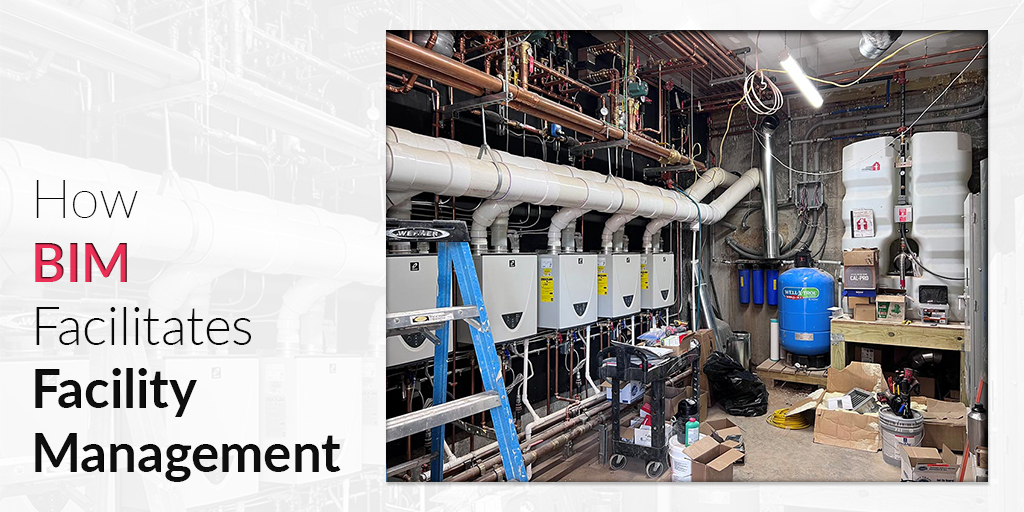Just How Facility Management Improves Work Environment Productivity
Just How Facility Management Improves Work Environment Productivity
Blog Article
Key Fads Forming the Future of Center Management in 2024
As we look ahead to 2024, the landscape of center administration is positioned for considerable improvement, driven by a number of key patterns. The integration of wise structure modern technologies and a shift in the direction of data-driven decision-making assurance to improve functional efficiency while prioritizing sustainability in technique.
Smart Structure Technologies

Smart building technologies encompass a large array of systems, including intelligent lighting, heating and cooling controls, and security systems. By integrating these systems, center supervisors can monitor and change specifications in real-time, bring about significant decreases in power waste and functional prices. Wise sensors can spot tenancy degrees and change lights and temperature as necessary, making certain that power is only utilized when needed.
Furthermore, these modern technologies promote boosted data collection, enabling companies to track use patterns and determine chances for further improvements. The implementation of wise building innovations not just contributes to sustainability goals however additionally creates healthier workplace that can increase employee productivity and fulfillment.
As we move right into 2024, the adoption of smart building technologies will likely accelerate, showing a more comprehensive shift in the direction of more intelligent, responsive, and sustainable center monitoring practices.
Data-Driven Decision Making
Progressively, companies are leveraging data-driven choice making to enhance center administration methods. By taking advantage of data analytics, center managers can derive workable insights that significantly boost functional effectiveness and source allotment. The assimilation of sophisticated innovations, such as IoT sensing units and real-time tracking systems, enables the collection of substantial quantities of information on building performance, tenancy prices, and power usage.
This wide range of information enables facility supervisors to recognize fads, anticipate maintenance demands, and proactively address problems prior to they rise. Predictive analytics can anticipate equipment failures, lowering downtime and fixing prices. Furthermore, data visualization devices assist in better communication amongst stakeholders, guaranteeing that informed choices are made collaboratively.
Additionally, data-driven approaches improve strategic preparation by allowing center managers to assess the efficiency of current techniques and make educated options relating to investments in modern technology or framework. As organizations increasingly prioritize operational excellence, data-driven choice production is poised to come to be a keystone of successful facility administration techniques in 2024 and beyond. Inevitably, the capability to utilize information successfully will empower organizations to create more efficient, productive, and durable facilities.
Sustainability and Green Practices
The emphasis on data-driven decision making normally aligns with the expanding emphasis on sustainability and environment-friendly methods within facility monitoring. As organizations increasingly focus on ecological obligation, center managers are leveraging analytics to enhance resource usage, decrease waste, and minimize carbon impacts. This tactical strategy allows the assimilation of energy-efficient systems, such as LED illumination, clever HVAC controls, and renewable resource sources into facility operations.
In addition, the execution of lasting methods expands past energy usage. Facility managers are taking on eco-friendly materials and promoting reusing campaigns to develop a round economy within their centers. This not only enhances the environmental profile of the company however additionally cultivates a society of sustainability among workers.
Conformity with ecological regulations is one more vital aspect driving the fostering of green practices. By utilizing data analytics, facility managers can monitor compliance metrics and identify locations for renovation, making sure adherence to global and regional sustainability criteria.
Crossbreed Work Designs
A significant shift towards hybrid work models is reshaping the landscape of facility management in 2024. This standard incorporates in-office and remote job, demanding a reevaluation of space utilization, source allocation, and employee involvement methods. Organizations are progressively recognizing the relevance of versatile workspaces that deal with diverse needs and preferences.
Facility supervisors should adjust by applying versatile office styles that support collective efforts while offering locations for concentrated job. This includes the integration of modern technology to promote smooth communication and collaboration among remote and in-office staff members. Smart structure remedies, equipped with sensing units and analytics, enable for real-time monitoring of space use, enabling companies to optimize their settings efficiently.
Furthermore, hybrid job designs emphasize the demand for efficient facility administration that prioritizes worker experience. This incorporates not just modern technology and space layout yet likewise the development of plans that promote a balanced work-life dynamic. As firms navigate this transition, the role of facility management comes to be pivotal in producing a nimble work environment that fosters efficiency and drives business success. In essence, the crossbreed work design is transforming center monitoring, urging a positive approach to meet the advancing needs of the workforce.
Enhanced Occupant Health
As companies welcome hybrid job versions, an enhanced focus find out on owner health is ending up being important to facility management strategies. Facility Management. This shift recognizes that a satisfied and healthy labor force straight influences performance and retention rates. Facility managers are now focusing on settings that advertise psychological and physical well-being, incorporating elements such as all-natural lights, biophilic design, and available wellness resources

Technology plays a vital function in this development. Smart structure systems can keep an eye on environmental variables and adjust settings in real-time, guaranteeing optimal convenience degrees - Facility Management. Additionally, comments systems, such as occupancy sensing units and staff member studies, enable facility supervisors to consistently improve wellness efforts based on owner requirements.

Final Thought
In 2024, the future of center management will be considerably affected by the combination of clever building modern technologies and data-driven decision-making, promoting boosted operational efficiency. Sustainability initiatives will prioritize green practices, while the introduction of hybrid work versions will demand versatile office layouts. In addition, an enhanced emphasis on resident health via advanced a/c systems and biophilic layout will certainly contribute to healthier workplace. These fads collectively underscore the evolving landscape of center management in feedback to modern challenges and opportunities.
Center managers are taking on eco-friendly materials and promoting recycling efforts to develop a round economic climate within their centers.A substantial change towards hybrid job designs is reshaping the landscape of facility management in 2024.Additionally, crossbreed work models stress the requirement for reliable facility monitoring that focuses on worker experience.As organizations accept hybrid job versions, an increased focus on owner health is becoming important to center administration approaches.In Extra resources 2024, the future of center management will be considerably influenced by the assimilation of clever building technologies and data-driven decision-making, promoting enhanced functional performance.
Report this page